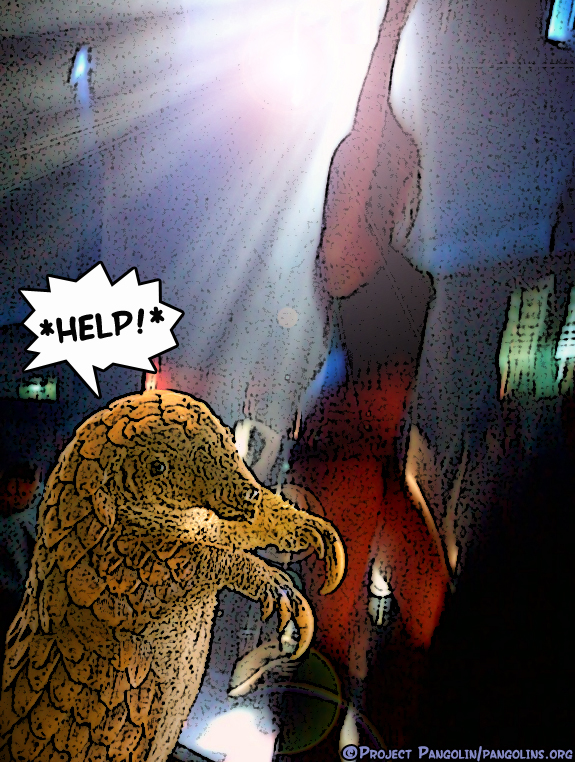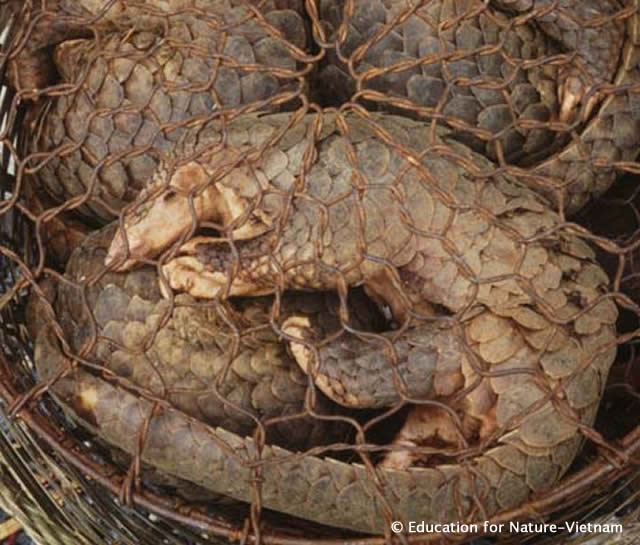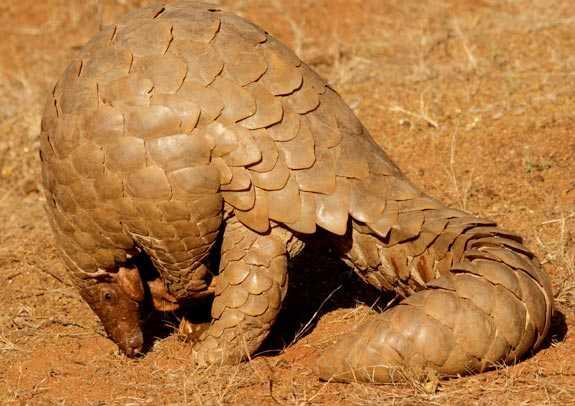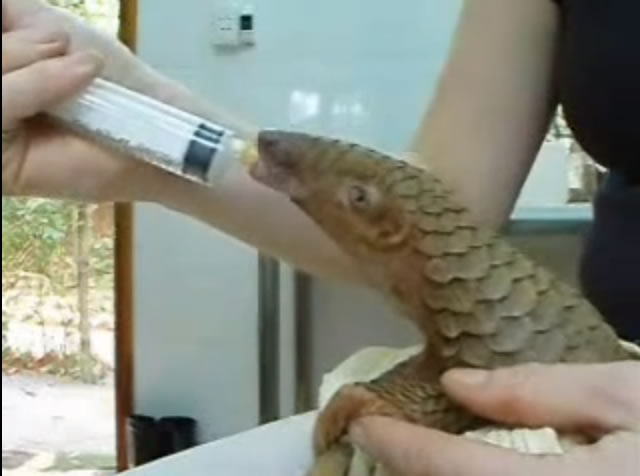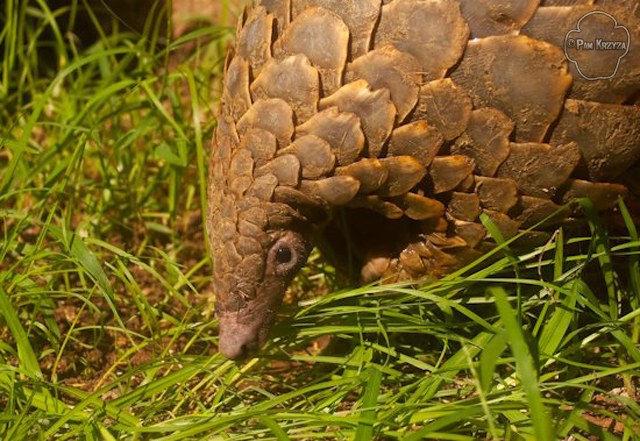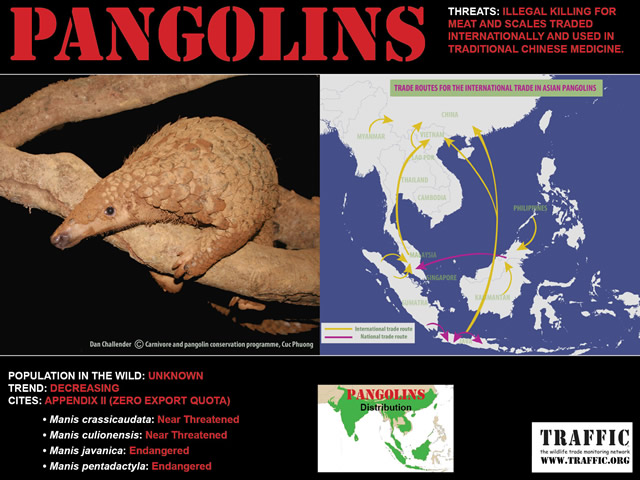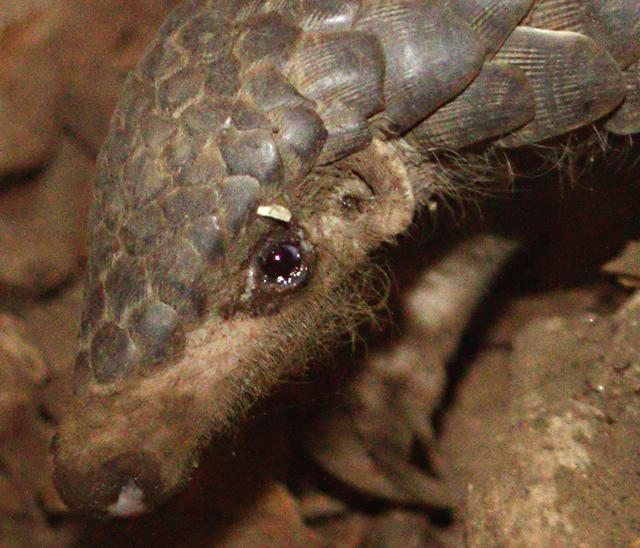In order to maximize profits, wildlife traffickers in Vietnam use brutal techniques to increase the weight of pangolins.
Since last Saturday, authorities have seized what’s likely to be hundreds of pangolins in Vietnam and Malaysia.
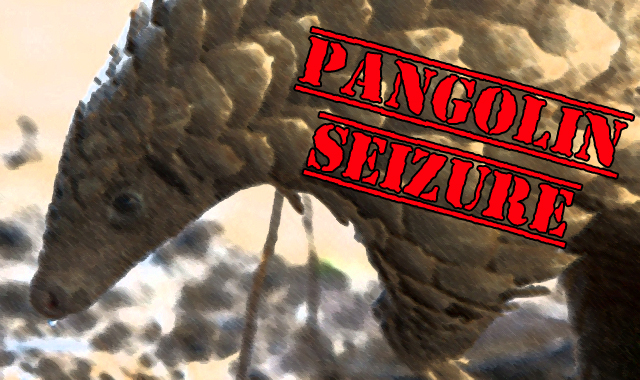
One week ago, wildlife officers in Malaysia nabbed a known poacher found carrying 18 pangolins in his vehicle and only days later, Vietnam police seized five tonnes of frozen pangolins and iguanas in a suspicious bust.
2011 deals yet another massive blow to the world’s pangolins, with possibly 40,000 – 60,000 slaughtered last year alone.
Updated with new information on 6 August, 2012.
The year 2011 saw a minimum of 58 pangolin seizures reported by media and wildlife trade-monitoring networks, TRAFFIC and Southeast Asian Nations Wildlife Enforcement Network (ASEAN-WEN).
The incidents spanned across more than fourteen different countries in East and Southeast Asia, France, and numerous African nations.
After two wild, high speed chases, authorities have seized a total of 1,174 pangolins – most of them dead – in Vietnam and Sabah, Malaysia since Wednesday.
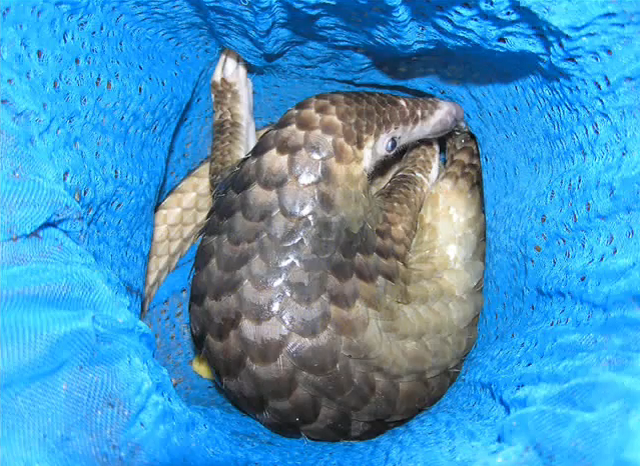
A wild goose chase on the high seas off Sabah, Malaysia and a high speed car chase in Vietnam over the past week have yielded over 1,000 pangolins destined to be consumed as a delicacy or crushed into ‘medicine’.
‘Pangolin Power’ features organizations that are helping pangolins.
TRAFFIC Southeast Asia is one of the world’s most important voices for pangolins. Based in Kuala Lumpur, this regional office of TRAFFIC monitors wildlife trade in Cambodia, Brunei, Timor Leste, Indonesia, Laos, Malaysia, Myanmar, Philippines, Singapore, Thailand and Viet Nam.
Pangolins play an important ecological role, providing ‘pest’ control and improving soil quality.
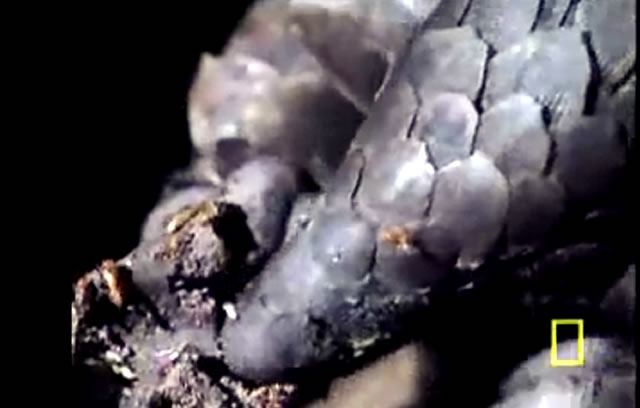
What the heck is a pangolin? Aside from being a very unique, insectivorous creature and the most trafficked mammal in the international illegal wildlife trade, these scaly anteaters also have a job — a very important one!


